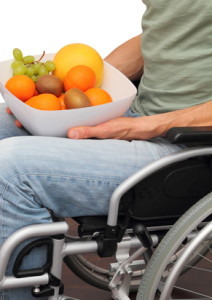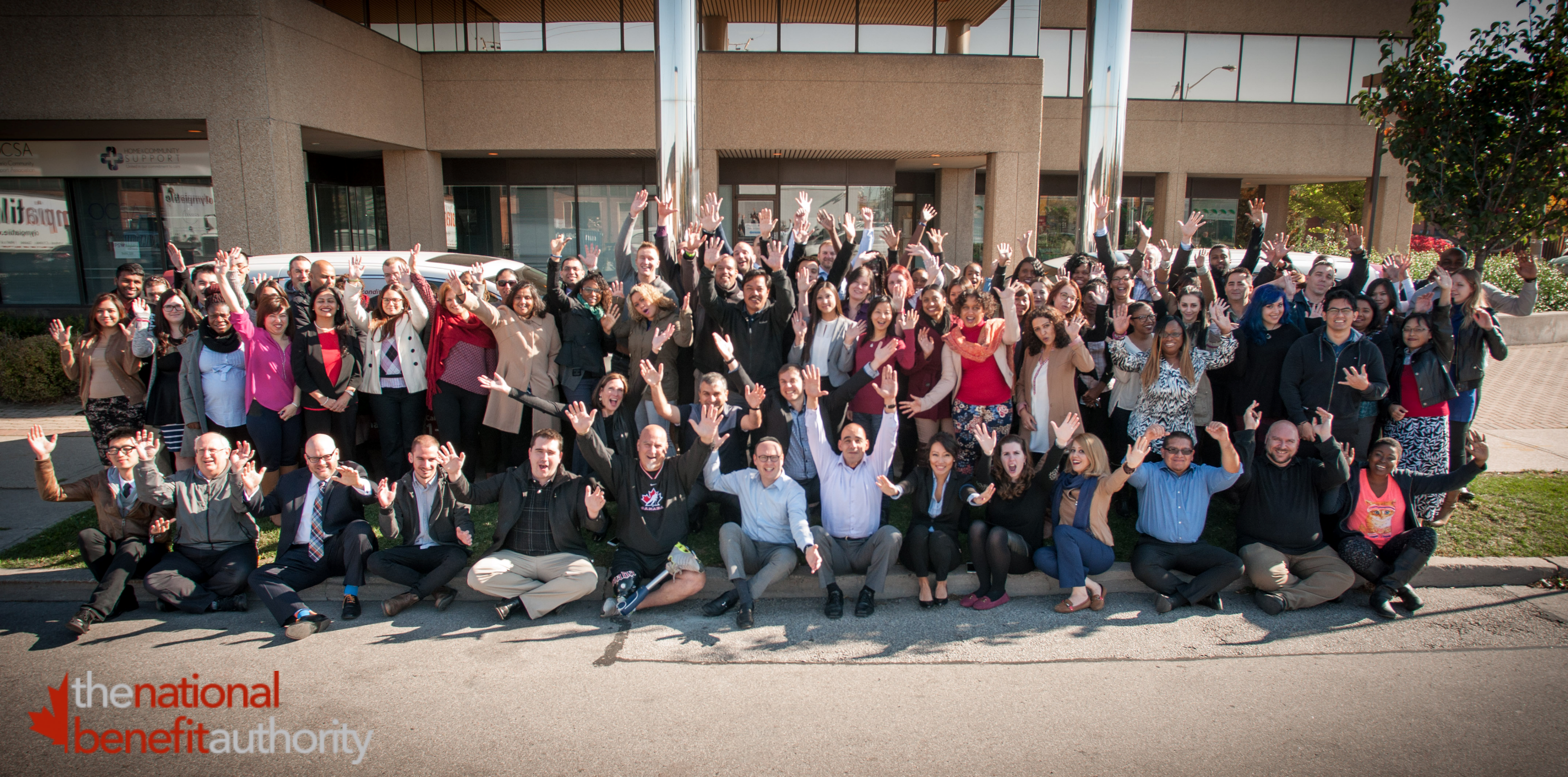 Diet and nutrition play a large role in our body’s everyday functions and overall well being. We have heard sayings such as “healthy body, healthy mind” or “you are what you eat”. As cliché as those sayings may be, there is no denying the truth behind them. As is true with everyone, proper nutrition plays a large part in reducing the occurrence of health concerns or preventing illness particularly for those living with spinal cord injuries (SCI) and more specifically, for those that are commonly related to the injury.
Diet and nutrition play a large role in our body’s everyday functions and overall well being. We have heard sayings such as “healthy body, healthy mind” or “you are what you eat”. As cliché as those sayings may be, there is no denying the truth behind them. As is true with everyone, proper nutrition plays a large part in reducing the occurrence of health concerns or preventing illness particularly for those living with spinal cord injuries (SCI) and more specifically, for those that are commonly related to the injury.
Diet and Prevention of UTI’s
One of the most common secondary health concerns regarding clients/patients with spinal cord injuries (SCIs) are urinary tract infections (UTI’s). SCI clients/patients experience a heightened risk of developing UTI’s from the frequent need to perform intermittent catheterization to empty their bladders on a daily basis. The average incidence rate of UTI’s is 10.3 per 1000 catheterizations.
Diet can play a role in prevention and treatment of UTI’s. Maintaining a diet high in Protein, Zinc and Vitamins A, C and E can help with management of UTI’s.
Examples of foods high in protein are:
- Fish
- Chicken
- Nuts and seeds
Examples of foods high in Zinc are:
- Yogurt
- Green peas
- Pumpkin seeds and sesame seeds
Foods high in Vitamin A are:
- Carrots
- Sweet potatoes
- Squash
Vitamin C is found in foods such as:
- Lemons and limes
- Oranges
- Berries
- Kiwi
- Broccoli
- Peppers
Vitamin E is found in:
- Sunflower seeds
- Olives
- Almonds
- Spinach
Drinking cranberry juice, taking cranberry pills and/or D-Mannose powder is often used as a preventative measure against UTI’s. D-mannose is the active substance in cranberries that creates a “slipperier” surface on the bladder wall, like a teflon coating, making it more difficult for bacteria (mainly e. coli) to take hold.
Diet and Maintaining BMD
Maintaining bone mineral density (BMD) is another health challenge for individuals living with SCI. Approximately 30% of BMD is lost in the first year post SCI, with the rate of loss slowing in subsequent years. Standing, walking and other load bearing activities are pertinent to increasing and maintaining BMD. At Walk It Off we aim to help you maintain and potentially increase BMD through use of:
- Functional electrical stimulation (in the form of our FES bike)
- Standing
- Gait training
- Other load bearing exercises
- Vibrational therapy.
However, we encourage a proper nutritional diet to support our efforts and assist with BMD maintenance.
Calcium and Vitamin D are some of the main nutrients for maintaining strong bones. Calcium is imperative for sustaining healthy bone and teeth structure. It is also useful for muscle control and blood circulation. Vitamin D is necessary for total calcium absorption into the body. Together, Calcium and Vitamin D play essential roles in maintaining healthy bones and teeth. Some examples of foods rich in calcium are:
- Dairy products
- Dark leafy greens
- Beans and peas
- Salmon
- Almonds.
Vitamin D is obtained by the body through exposure to sunlight; it is also obtained by consuming foods such as fatty fish, liver and egg yolks.
There are other additional components that should be considered when modifying diet for individuals with SCI such as eating foods high in fiber for good digestion and elimination. By building in time for regular physical activity and preparing foods with the recommended nutrients and calories, individuals with SCI can reduce their risk of obesity and cardiovascular diseases on the road to a healthy lifestyle!
Want to learn more? We are here to help! If you are someone living with a SCI, we would love to connect with you and assist you on your path to a healthier lifestyle through diet and nutrition. We would be more that happy to share what we know and give direction to some amazing individuals and references. Simply connect with us via email or telephone or leave a comment right here on the site!
Until next time,
Rebecca Wheeler (SCI Recovery Trainer)




Leave a Reply
Want to join the discussion?Feel free to contribute!